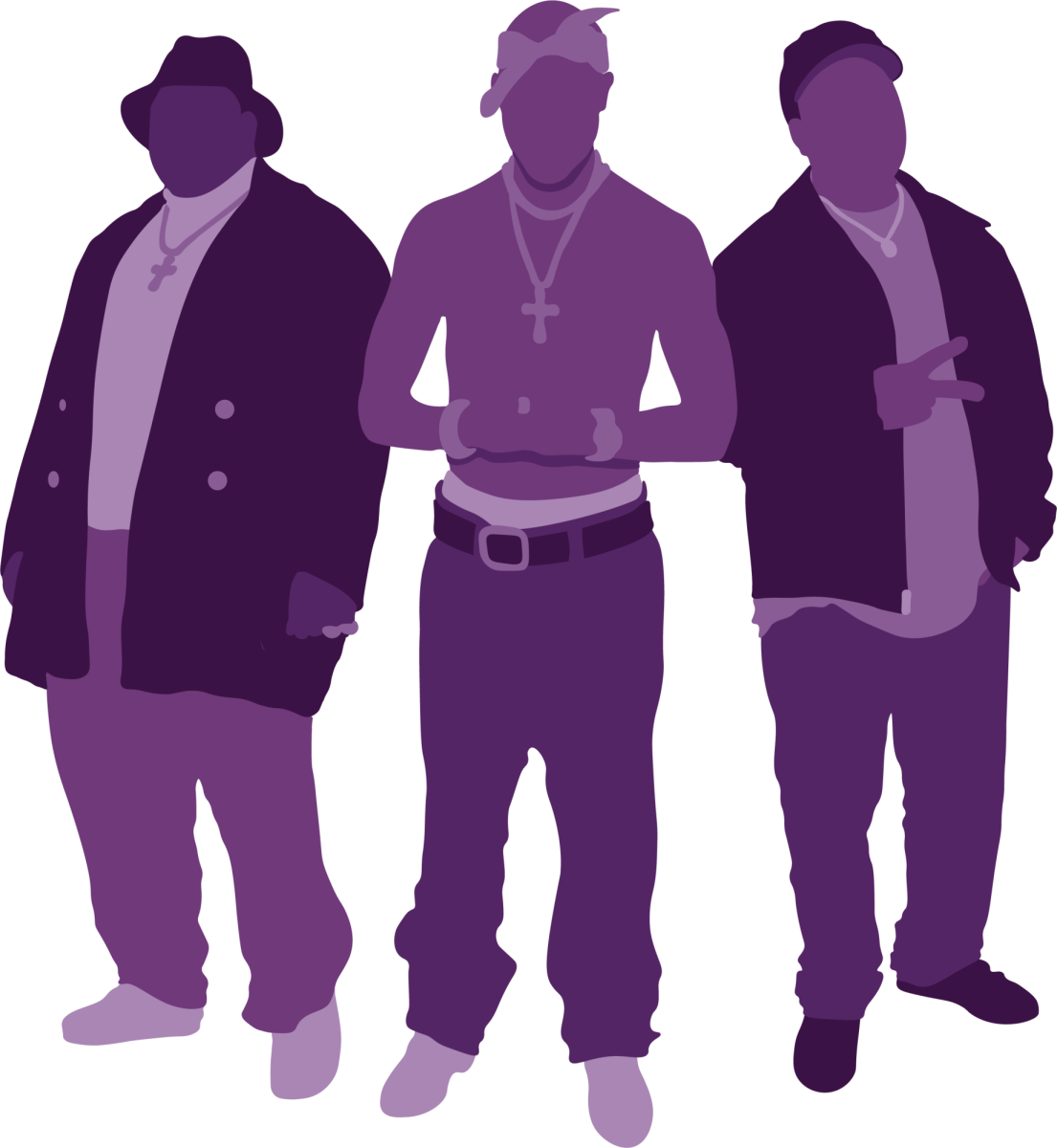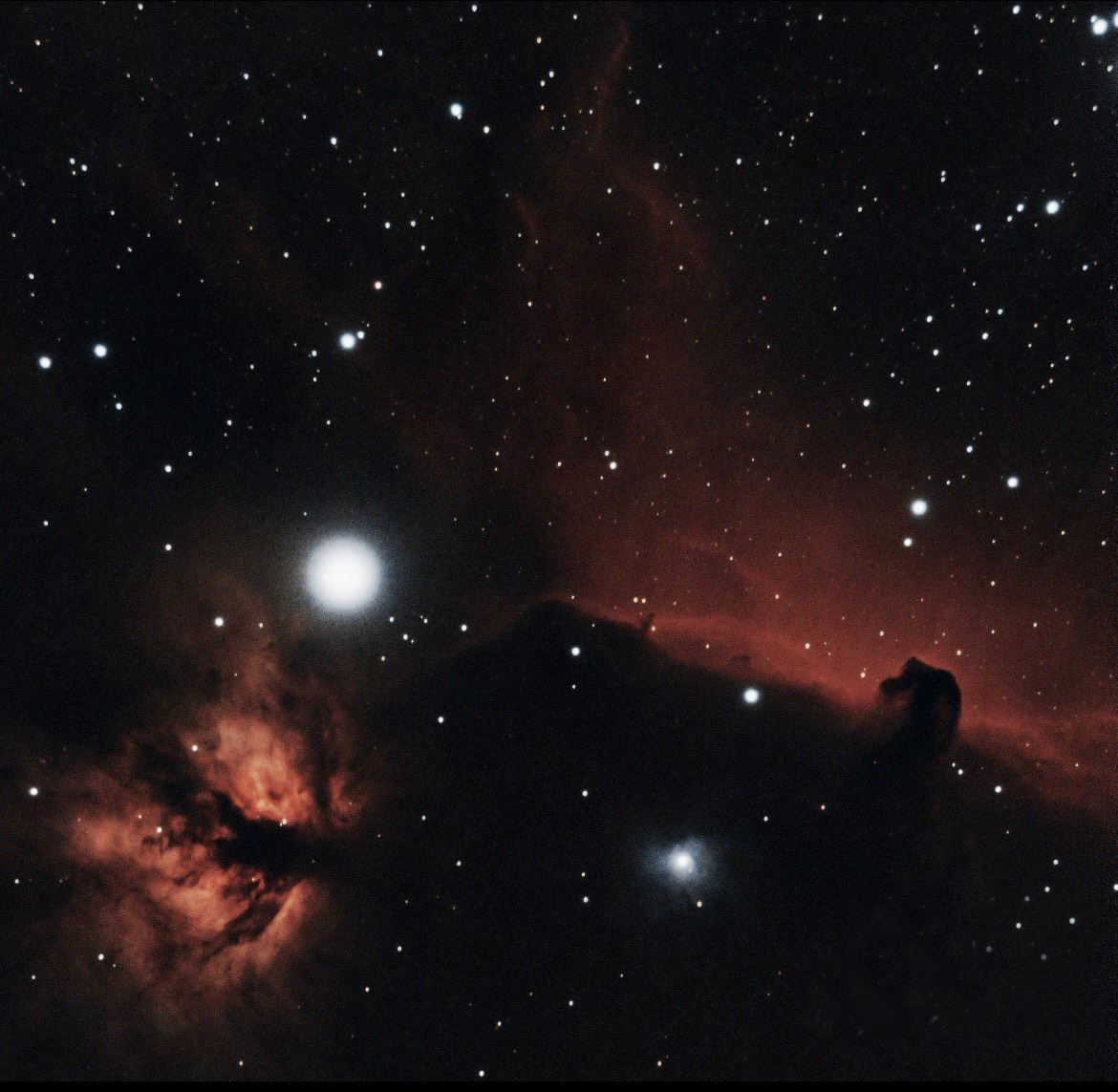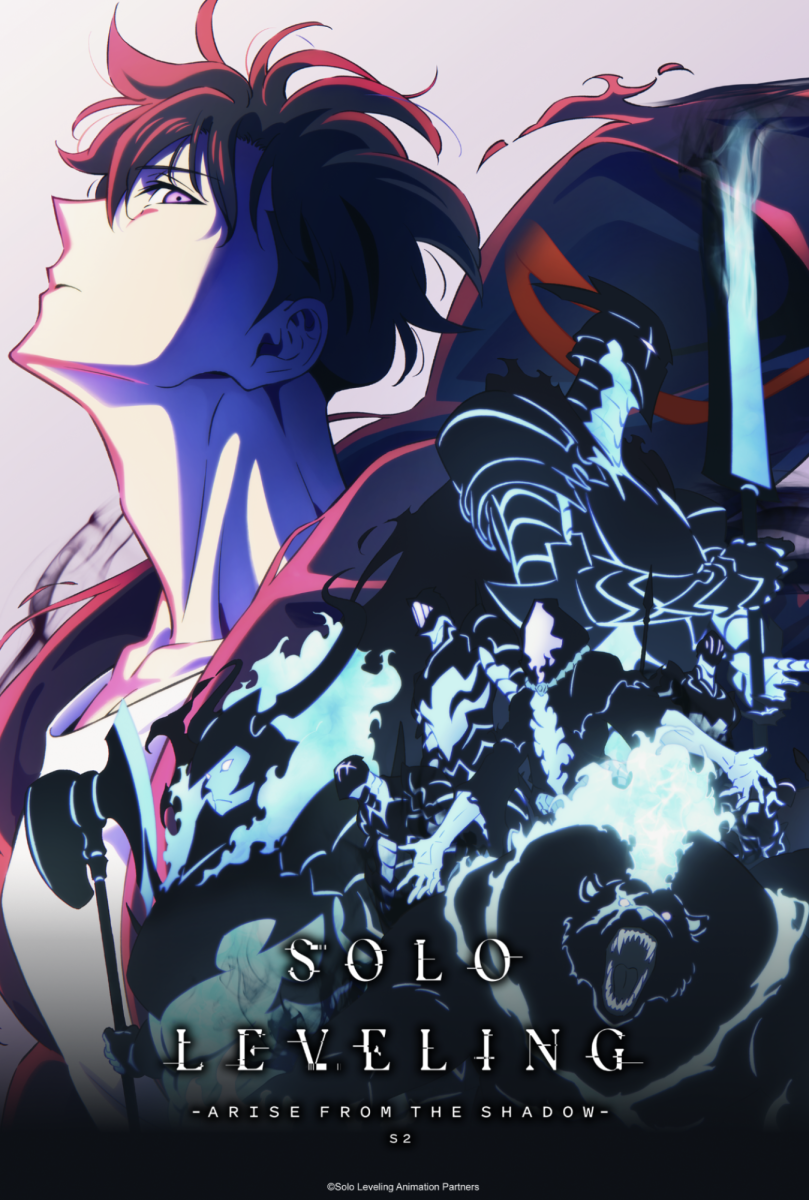In the summer of 2015, attendees of a Black Lives Matter convention witnessed a police officer pull a 14 year old African American suspected of drinking alcohol and handcuffed him underneath a bus stop. After the crowd grew larger and the mother of the boy arrived at the scene, members of the Black Lives Matter movement began reciting the lyrics “We gon’ be alright.” The chanting of Kendrick Lamar’s “Alright” symbolizes the popularity and influence of one of the greatest music genres of all time, hip hop.
Hip hop’s Upbringing
Hip hop was born in the Bronx in 1973, when Clive Campbell, otherwise known as DJ Kool Herc, deejayed for his sister’s party and created the beat that became the foundation of hip hop, the “break.” The “break” is a musical technique where short sections of a song pause to give way for an isolated drum beat.
Since hip hop’s birth, the genre has seen the rise of titan artists such as Wonder Mike, Master Gee, Tupac Shakur, Biggie Smalls, and Kendrick Lamar.
Hip hop celebrated its 50th anniversary on August 11, and the genre continues to remain widely popular. According to The Economist magazine, it is currently the most popular music genre in the U.S. The genre is also widely popular on Trinity’s campus, as 30 percent of the student population said hip hop is their favorite music genre, and sophomore Karl Loiseau is one of those fans.
“I would say it’s a genre predicated on storytelling,” Loiseau said. “[Hip hop] talks about issues that aren’t covered in other genres of music.”
An example of this storytelling is in renowned hip hop artist Kendrick Lamar’s “Mother I Sober,” as Lamar recalled the violence and drama that took place in his family when he was a child. This can be seen in lyrics such as “I remember looking in the mirror knowing I was gifted/ Only child, me for seven years, everything for Christmas/ Family ties, they accused my cousin.”
Famous Albums
Throughout hip hop’s 50 years, only one album has ever won a Pulitzer Prize – one of the top four most prestigious awards for an album to receive. Kendrick Lamar’s “DAMN.” has both achieved this feat and remained on the Billboard Top 200 chart since its release on April 14, 2017. The album consists of infamous songs such as “HUMBLE.,” “DNA.,” “LOYALTY.” and “LOVE.”
UC Berkeley professor Rickey Vincent, a lecturer in black music history and the cultural politics of Hip Hop, believes that though this is a major accolade for Lamar and the entire genre of hip hop, it also raises the topic of how many great albums go unrecognized.
“Now, the fact that Kendrick Lamar gets recognition for “DAMN.” is a great honor,” Vincent said. “And again, I’m like, where’s his recognition for the “Pimp A Butterfly.” In my opinion, that was something that had a lot of layers and textures and things to say that I thought deserved as much recognition.”
Another album that has received massive recognition is 1998’s “Miseducation” by Lauryn Hill. In fact, she is the first woman ever to win five Grammy awards in a single night due to this album. This album was a major breakthrough for women’s voices within the genre, since the album was a reflection on her life and a message to all women.
“Miseducation” still remains a popular album more than two decades later, as it currently stands as the fourth best-selling hip hop album with over 20 million sales.
Social Justice
According to hip hop artist Carlton “Chuck D” Ridenhour, “rap is Black America’s CNN.” Struggles such as poverty, unemployment, police brutality, and racism are conveyed through hip hop artist’s lyrics.
Joseph Robert Saddler, otherwise known as Grandmaster Flash, and the Furious Five put out their song “The Message” in 1982, which spoke about the struggles of poverty that took place in their neighborhood. Through lyrics such as “it’s like a jungle sometimes / It makes me wonder how I keep from goin’ under,” Saddler was able to convey his feelings of his oppressed community.
Vincent believes that the unprecedented method of conveying social justice through music was a large factor to the genre’s growing popularity.
“But then when the direct messages started to hit, Grandmaster Flash and the Furious Five, when they started to do what they did, people were just kind of slapped upside the head and like, ‘Whoa’, this is telling the truth in ways that hadn’t been done before,” Vincent said. “And the way they heard it, the way it came direct, uncut, not hiding under a lid or a layer of meanings.”
Renowned artist Tupac Shakur used his music to carry on the legacy of his political activist mother, Afeni Shakur. UCF adjunct professor for the Business of HipHop Innovation & Creative Industries Certificate Program, Marcis Fennell, argues that Tupac’s upbringing and education resulted in the input of social justice into his lyrics.
“Tupac was a born activist because of who his mother was,” Fennel said. “And I think what Tupac actually did was, he took that activism that he was educated with from his mother, through experiences with his mother, but then also direct teaching from his mother. And he poured those emotions and those knowledge into his music, and many will say that Tupac was ultra aggressive and violent. But I think Tupac served as a figurehead as a symbol for the young, black kid in that era in the late 1980s, and raised in early 1990s, he served as a figurehead for the frustration that they felt, evolving around the limitations of their growth.”
Another example of the incorporation of social justice in hip hop lyrics is again in Lamar’s 2015 song “Alright”, because it told their entire community that even though they are undergoing difficult times, they will persevere.
“And oftentimes, a chant really is a meditative thing that you can really hold on to,” Vincent said. “That’s how you can rally folks towards an idea.”
So while hip hop may be known to some as a genre with catchy beats or a smooth rhythm, its impact goes far deeper than the actual tune. Through its lyrics and 50 years of growth and evolution, hip hop has become a form of art that has affected all of society.
“This beat is great, [it] makes you want to move, but it makes you deal directly with the situation people are in,” Vincent said. “And, folks, they needed that. And they love that. And so very quickly people realize hip hop is political just by being there, by giving a voice to the voiceless, the people who [felt like they were] being disappeared, it shows up and says we are here, that in and of itself is a statement of your power.”














